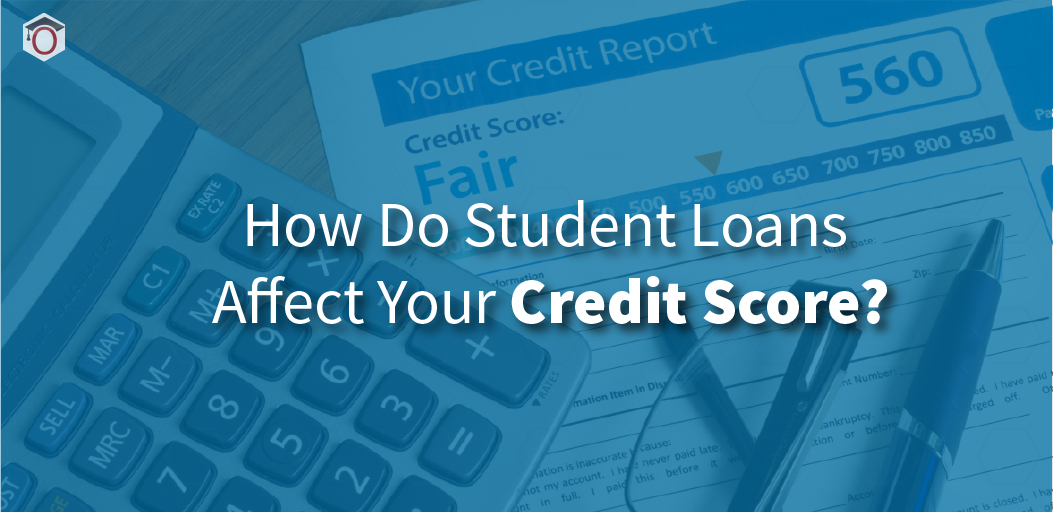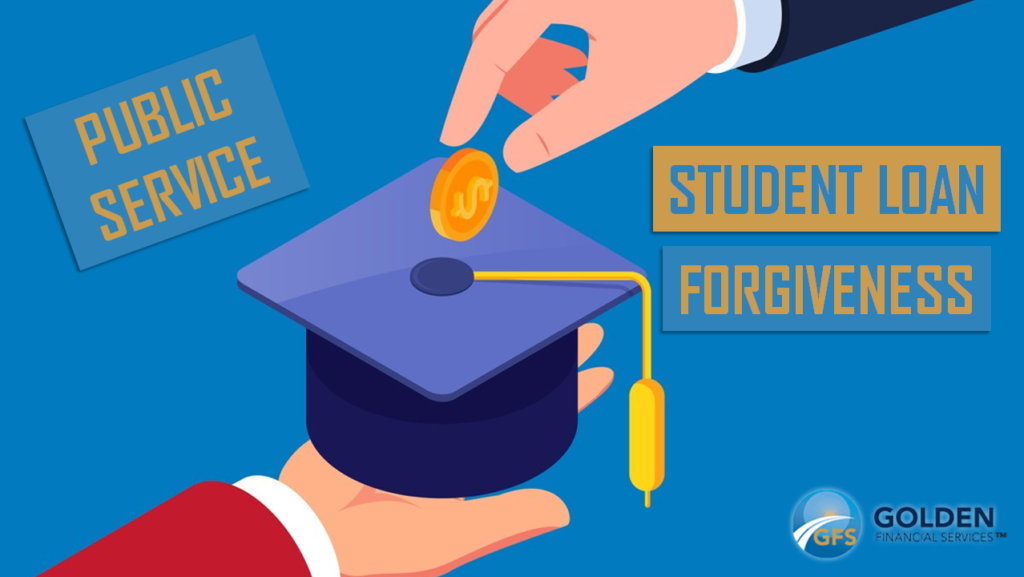Improving Your Credit Score After Late Student Loan Payments

Table of Contents
Understanding the Impact of Late Student Loan Payments
Late student loan payments severely impact your creditworthiness, primarily affecting your FICO score and VantageScore, the two most widely used credit scoring models. These scores are crucial for lenders assessing your credit risk. A single missed payment can lead to a noticeable drop, and repeated late payments can cause a significant decline. The negative impact of these late payments typically remains on your credit report for seven years from the date of the missed payment. This means the consequences of poor payment history can linger for a considerable period.
- Negative impact on credit utilization ratio: Late payments negatively affect your credit utilization ratio (the percentage of available credit you're using), further lowering your score.
- Higher interest rates on future loans: A lower credit score translates to higher interest rates on future loans, such as mortgages, auto loans, and even credit cards, costing you significantly more money over time.
- Difficulty securing credit cards or loans: Lenders are less likely to approve applications from individuals with poor credit history, making it challenging to access necessary credit.
Strategies to Improve Your Credit Score
Rebuilding your credit score after late student loan payments requires a multi-pronged approach. This involves proactive communication, diligent debt management, consistent credit monitoring, and the establishment of a positive credit history.
Communicate with Your Loan Servicer
Proactive communication with your loan servicer is the first crucial step. Openly discussing your financial situation can lead to solutions that prevent further damage to your credit. Several options exist to manage your student loan debt more effectively:
- Negotiate a payment plan: Work with your servicer to establish a payment plan that aligns with your current financial capabilities. This could involve reducing your monthly payment amount or extending the repayment period.
- Income-driven repayment (IDR) plans: Explore IDR plans, which tie your monthly payments to your income. These plans can significantly lower your monthly payments, making them more manageable.
- Deferment or forbearance: In certain circumstances (like unemployment or severe financial hardship), you might qualify for deferment or forbearance, temporarily suspending your payments. However, remember that interest may still accrue during these periods.
- Inquire about hardship programs: Many lenders offer hardship programs designed to assist borrowers facing temporary financial difficulties. These may involve reduced payments or other forms of assistance.
- Document all communication: Keep records of all your communications (emails, letters, phone calls) with your loan servicer. This documentation can be valuable if any disputes arise later.
Pay Down Existing Debt
Reducing your overall debt is essential for improving your credit score. A lower debt-to-income ratio (DTI) demonstrates improved financial stability to lenders.
- Prioritize high-interest debt: Employ either the debt snowball method (paying off the smallest debt first for motivation) or the debt avalanche method (paying off the highest-interest debt first to save money).
- Create a detailed budget: Track your income and expenses meticulously to identify areas where you can cut back and allocate more funds toward debt repayment.
- Explore debt consolidation: Consolidating multiple debts into a single loan can simplify payments and potentially lower your interest rate.
- Seek financial counseling: A financial counselor can provide personalized advice and guidance on managing your debt effectively.
Monitor Your Credit Report Regularly
Regularly monitoring your credit report is crucial for identifying errors and fraudulent activity that could negatively impact your score.
- Use free credit reports: Access your free annual credit reports from AnnualCreditReport.com, the only authorized source for free credit reports.
- Check all three bureaus: Obtain reports from all three major credit bureaus—Equifax, Experian, and TransUnion—as they may contain different information.
- Dispute inaccuracies: If you find any inaccuracies, such as incorrect late payment listings, immediately dispute them with the respective credit bureaus. Follow their dispute process carefully and keep records of all communications.
- Look for signs of fraud: Be vigilant about potential fraudulent activity and report any suspicious items immediately.
Build Positive Credit History
Once you've addressed the negative impact of past late payments, focus on building positive credit history.
- Responsible credit card use: Apply for a secured credit card if your credit score is very low. Use credit cards responsibly, keeping your credit utilization low (ideally under 30%).
- Consistent on-time payments: Pay all your bills, including credit cards, loans, and utilities, on time and in full every month. This demonstrates responsible financial behavior.
Conclusion
Improving your credit score after late student loan payments requires a commitment to proactive steps and long-term responsibility. By diligently communicating with your loan servicer, managing your debt effectively, monitoring your credit reports, and building positive credit history, you can significantly improve your financial standing. Don't let past late student loan payments define your financial future. Start taking control of your credit today by implementing these strategies to improve your credit score after late student loan payments. Begin by contacting your loan servicer and exploring your repayment options.

Featured Posts
-
 Miami Open 2025 Djokovic Va Alcaraz Cung Nhanh Dau Lieu Ai Se Vao Chung Ket
May 17, 2025
Miami Open 2025 Djokovic Va Alcaraz Cung Nhanh Dau Lieu Ai Se Vao Chung Ket
May 17, 2025 -
 Government Crackdown On Delinquent Student Loan Borrowers What You Need To Know
May 17, 2025
Government Crackdown On Delinquent Student Loan Borrowers What You Need To Know
May 17, 2025 -
 Mariners Bryce Miller 15 Day Il Stint Due To Elbow Problem
May 17, 2025
Mariners Bryce Miller 15 Day Il Stint Due To Elbow Problem
May 17, 2025 -
 Boardman And Austintown Police Blotters Local News Sports And Job Postings
May 17, 2025
Boardman And Austintown Police Blotters Local News Sports And Job Postings
May 17, 2025 -
 Floridas Response To School Shootings Lockdown Effectiveness Across Generations
May 17, 2025
Floridas Response To School Shootings Lockdown Effectiveness Across Generations
May 17, 2025
